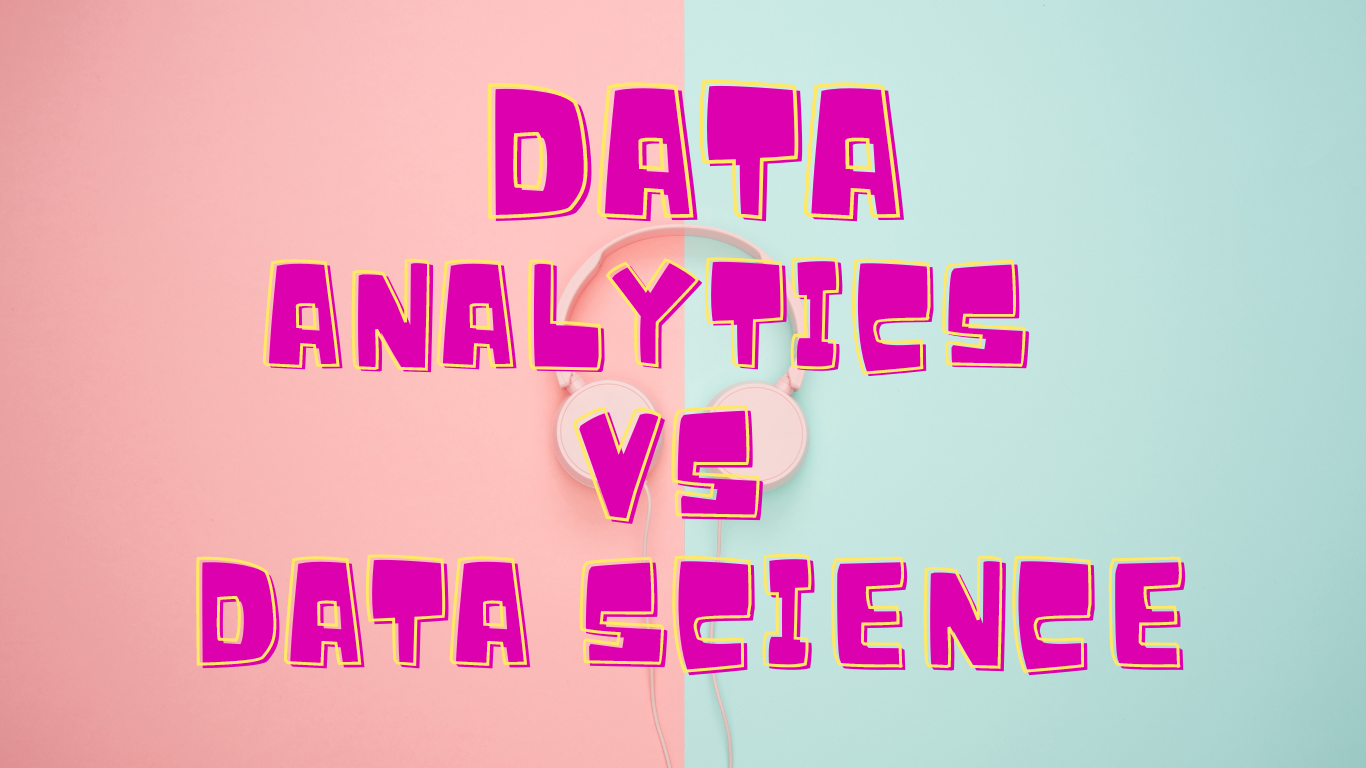In 2008, a Harvard Business Review article referred to data scientists as the “sexiest job of the 21st century,” and since then, the field has exploded in popularity. However, despite the glamor associated with this profession, there are several issues that plague the data science industry.
These issues include a lack of standardization, which results in ambiguity and a broad scope that makes it difficult to progress up the career ladder or find suitable job openings. Before discussing the three reasons behind these problems, it is important to understand the distinction between a data scientist and a data analyst. both roles into four categories: math and statistics, coding, software and tooling, and other.
For a data analyst position, one is expected to have an understanding of descriptive statistics, foundational math, and basic statistics, as well as a basic understanding of Python. In contrast, a data scientist is expected to have advanced knowledge of statistics, linear algebra, calculus, and more. From a coding perspective, a data analyst should be proficient in SQL, while data scientists must have an understanding of both SQL and Python.
In addition to proficiency in scripting languages like Python and R, data analysts are expected to be familiar with tools such as Excel and Google Sheets for visualization and tools such as Tableau, MicroStrategy, and Power BI for data analysis. As a data scientist, you are expected to have knowledge of ETL (extract, transform, load) processes for extracting data from various sources and using tools like R Studio or Jupyter Notebooks to perform data analysis. You should also be familiar with code review processes, understanding how they work and how to do them on your own. Other essential skills for data analysts include excellent communication, analytical, and problem-solving abilities. For data scientists, in addition to these skills, having a good understanding of business operations and practices is crucial.
So essentially, in my “other bucket”, the required skills for data analysts and data scientists are similar. Now that we know what the core skills are for both roles, let’s discuss what makes the data analyst family better than data scientists in three ways.
Firstly, the data analyst role has a lower barrier to entry than a data scientist role. In most cases, a data scientist is expected to have a master’s degree or PhD, whereas for a data analyst role, a PhD is not always required. There are many data analysts who have entered the field through boot camps, online courses, and even bachelor’s and master’s degrees. This means that there are more people entering the field and creating competition, but it also means that it is easier for someone who just wants to get into data analytics, or for someone planning to teach a data analytics course, to do so by taking certain online certificates and courses.
The second reason why data analytics might be a better career choice for some individuals is that in data analytics, you can build tangible things, such as dashboards and reports. In contrast, data scientists often work on research-based projects that may not have tangible outputs. If you prefer building tangible artifacts, then data analytics might be a better fit for you.
The third reason to consider a career in data analytics is the standardization of job roles. While the job roles of data scientists may differ significantly between companies, the job roles of data analysts are more consistent. This makes it easier to apply for jobs and to understand the scope of your role within a company.
If you enjoy building statistical and machine learning models, then a data scientist role may be more suitable for you. However, if you enjoy building reports, doing data analysis in Excel, and creating dashboards, then a data analyst role might be a better fit.

